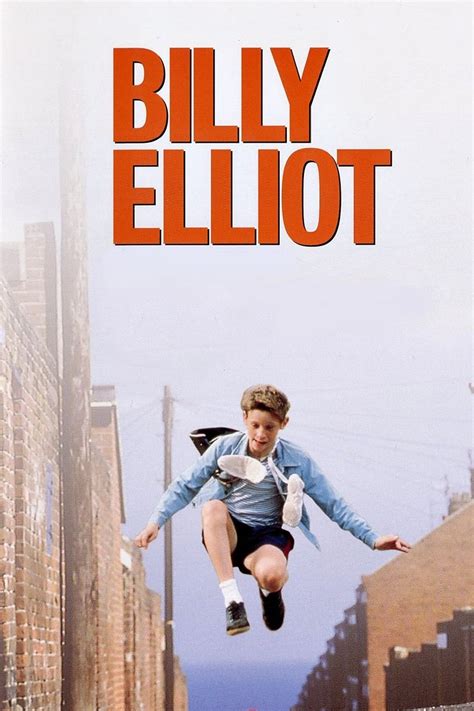Billy Elliot

Description:
Billy Elliot is a 2000 British drama film directed by Stephen Daldry. The story follows an 11-year-old boy named Billy who discovers his talent for ballet dancing, much to the disapproval of his working-class family. Set against the backdrop of the 1984 miners' strike in northern England, the film explores themes of family, class, and personal ambition.Keywords:
Dance, Self Discovery, Family, Class Struggle, Gender Roles, Nature Versus Nurture, Self Esteem, Talent Discovery, British CultureWas Billy Elliot a true story?
"Billy Elliot" is not based on a true story, but it was inspired by real events and the socio-political context of 1980s Britain, particularly the miners' strike. The film follows a young boy named Billy who discovers his passion for ballet amidst the struggles of his working-class family in the coal-mining town of Easington, England. While the characters and plot are fictional, the themes of class struggle, family dynamics, and the pursuit of dreams resonate with the historical realities of that time.
Is Billy Elliot LGBTQ?
In "Billy Elliot," the character Billy discovers his passion for ballet, which challenges traditional notions of masculinity in his working-class environment. While the film does not explicitly label Billy as LGBTQ, it portrays themes of self-identity and acceptance that resonate with LGBTQ experiences. His journey can be seen as one of self-discovery and breaking free from societal norms, making the film relatable to many in the LGBTQ community, even if Billy's sexual orientation is not a central focus of the story.
Who does Tom Holland play in Billy Elliot?
Tom Holland does not appear in the film "Billy Elliot." The movie, released in 2000, features Jamie Bell in the title role of Billy Elliot, a young boy who pursues his passion for ballet despite societal and familial pressures. Tom Holland is best known for his role as Peter Parker/Spider-Man in the Marvel Cinematic Universe. He did, however, star in the stage adaptation of "Billy Elliot" in London's West End, where he played the role of Billy during his early career in theater.
Why is Billy Elliot R rated?
"Billy Elliot" is rated R primarily for its use of strong language, including frequent profanity, and some scenes that depict social issues such as class conflict and violence. The film also touches on themes related to family struggles and personal identity, which may include mature content. The emotional intensity and certain dramatic moments contribute to its rating, making it more suitable for mature audiences. Overall, the R rating reflects the film's realistic portrayal of life in a working-class environment during a miners' strike in the UK.
Explore More Categories:
Origin Multiculturalism Corporate Conspiracy Mutants Neon San Francisco Bomb Disposal Women S Baseball Doppelg Ngers Continuous Shot Language Live Performance Ohana Minimalism Lepidopterology American Culture Assassins Cybersecurity Explosions Music Connection Ai Dominance Grief Struggle French Film Family Drama